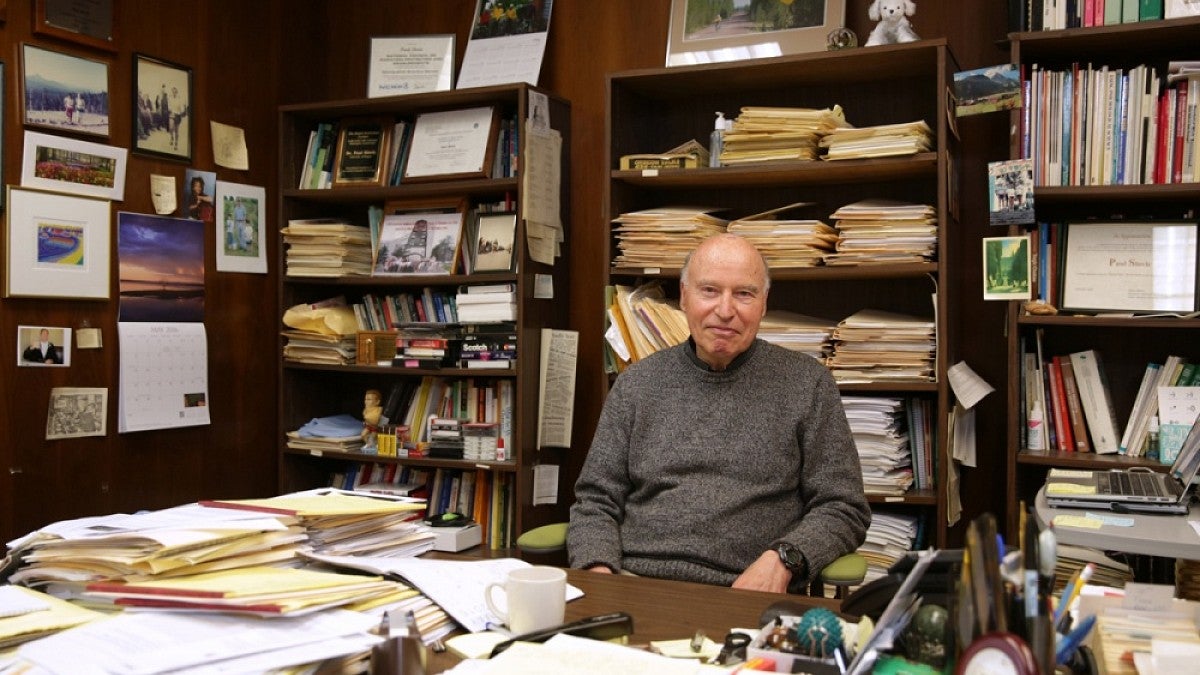The terrorist attack at a concert in Manchester, England, rightfully garnered outpourings of grief and support from all over the world. But why is this disaster getting so much continued coverage while even larger atrocities in places like Syria disappear after a few days?
Paul Slovic, a UO psychology professor who has spent decades studying human response to tragedy, discussed his research into the answer in recent interview with Newsweek.
“We tend to have a very strong response to terrorist attacks in countries that we can identify with in some way,” he said, “but a very minimal response to state-sponsored terrorism in countries that we don’t identify with as strongly. And our response tends to fade quickly.”
He goes on to say that while images do have the ability to help people identify with an otherwise completely foreign country, the image must meet some fairly strict standards.
“Why did that photograph of the child on the beach stand out among tens of thousands of images of tragic events in Syria?” he said. “That picture wasn’t the first, and many others are just as vivid and shocking. The boy on the beach was dressed in Western style, his skin was somewhat pale and we couldn’t see his face.”
Slovic said the hidden face was important because seeing the child’s face would highlight his ethnicity, differentiating himself from white Americans.
For the rest of the interview with Slovic, see “Why we have different reactions to Manchester and Syria” on Newsweek. It’s also been picked up by San Diego Jewish World.
Slovic studies judgment and decision processes with an emphasis on decision-making under conditions of risk. His research on compassion fatigue in regards to mass killings and genocides has been featured widely in media outlets around the country.


